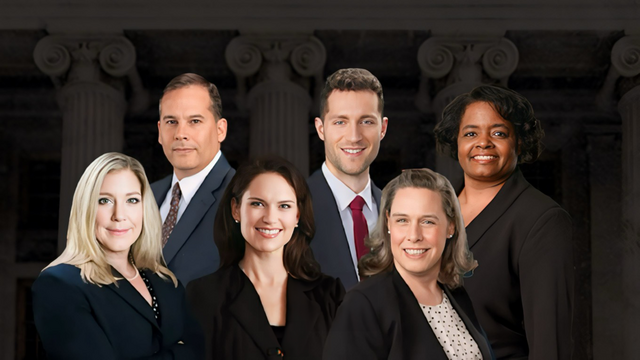Quantico Fraud Lawyer
Fraud is an act of deception. Typically, the person who commits an act is doing so for some form of personal gain at the expense of another. Fraudulent acts can include creating false documents or money, as well as lying to tricking someone into giving the other person something of value.
Fraud can be done against the government, but many cases involve two or more individuals where at least one person is being taken advantage of through the fraudulent acts. Fraud is often tied to moral ideas. An accusation of fraud would not only affect a person in a criminal manner, but also that person’s reputation may also be irreparably harmed.
If the government has accused you of some fraudulent act, consider retaining the services of a Quantico fraud lawyer. You may not only face jail time but also suffer the stigma of having committed an act of moral turpitude.
What Constitutes Fraud
The following are some common fraudulent acts:
- Bad checks
- Credit card fraud
- False pretenses
- False pretenses in order to receive property or credit
- Forgery
- Impersonation
- Misrepresentations in regards to sales
- Money laundering
All of these acts appear in Chapter 6 of the Code of Virginia under Title 18.2.
Fraudulent Checks & Credit Card Fraud
Some people may not realize it, but writing a bad check is a crime. If the check was for $500 or more, that act is a Class 6 felony, as stated in Code of Virginia §18.2-181. This is an act of larceny, which also means theft.
There are many disallowed acts involving credit cards. Some types of fraud include using stolen credit cards and forged credit cards. Theft of a credit card or credit card number is grand larceny, as noted in Code of Virginia §18.2-192. The court can punish an act of grand larceny with one to 20 years imprisonment and a fine of no more than $2,500.
False Pretenses
False pretenses typically involve an act of trickery. One type is defrauding someone into giving money or their signature. According to Code of Virginia §18.2-178, the signature would be a forgery and the court could convict the person who obtained it of a Class 4 felony.
If a person makes a written false statement about that person’s ability to pay, with the knowledge that another person would rely on that statement, in order to obtain credit or other payment, that is also a crime. The court could convict that person of a Class 1 misdemeanor, as described in Code of Virginia §18.2-186.
Forgery & Impersonation
Forgery is an act of creating a false document or affixing a fake signature to a document. Forging public records, obtaining an instrument in order to forge public documents, and forging money are Class 4 felonies. Even though a police officer is a popular Halloween costume, it is a crime to pretend to be one. Doing so is a Class 1 misdemeanor, as stated in Code of Virginia §18.2-174.
Let a Quantico Fraud Attorney Assist You
There are many other types of fraud not mentioned above. However, they can all result in potential jail time and fines. There is also the added risk that a conviction may stop you from being able to hold certain positions or pursue certain careers that require an honest reputation. An act of fraud is considered a crime involving bad morals.
If the police suspect you may be involved in such an act, consider speaking with a Quantico fraud lawyer who may be able to advise you on your rights and help you develop an aggressive plan of defense to protect your rights and name in the community. Call today.




